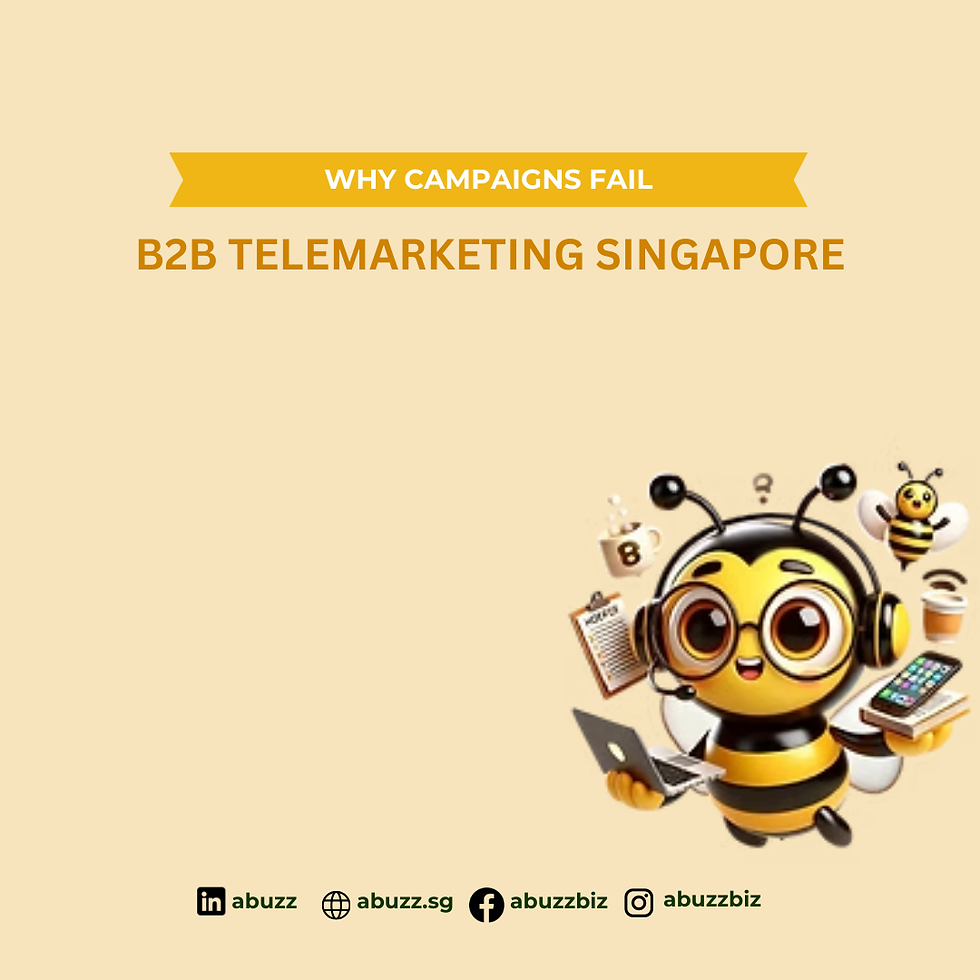SEO Singapore 2025: AI Overviews & Entity SEO Explained
- CHI Phạm
- Oct 25, 2025
- 4 min read
SEO Singapore in 2025 looks very different from even a year ago. Search behaviour has shifted, AI-generated summaries (AI Overviews) now appear in ~20% of Google queries (MediaPlus), and zero-click searches have surged to 69%. Despite this, 76% of AI overview citations still come from pages ranked in the traditional top 10 — proving that SEO foundations remain critical.
This blog will walk you through how AI overviews, answer engines, and entity SEO are reshaping Singapore’s search landscape — and what strategies your business can use to stay ahead.
How SEO Is Changing in 2025

Search is no longer just about keywords and blue links.
AI Overviews: Google now answers user queries directly in summaries with cited sources. These panels are live for over 1 billion users and expanding across verticals.
Zero-click dominance: 69% of searches end without a click (MediaPlus).
AI-driven search tools: ChatGPT (400M weekly users, 4.3% search share — Progress.com), Perplexity AI, and Bing Copilot are gaining traction, especially among younger audiences.
Google still dominates: 90% of global search share, but Singapore’s tech-savvy market makes it a prime space to experiment with AI-driven search optimization.
The Rise of AI Overviews & Answer Engines

What Are AI Overviews?
AI Overviews (AIO) are Google’s AI-generated summaries that pull data from authoritative pages. Google announced “AI Mode” (mid-2025), capable of answering complex multimodal queries.
Their Impact on Clicks
AIO pushes traditional organic results down, lowering CTR.
Ads within AIO reduce visibility even further.
Brands should optimize for conversion quality, not just traffic volume.
Answer Engines: The New Frontier
Platforms like Perplexity AI and ChatGPT Search are shifting habits. To stay competitive, SEO must move beyond Google and consider generative search optimization (GEO/AEO).
Impact on Singapore Businesses
Singapore SMEs and enterprises face a paradox:
Need strong SEO foundations → 76% of AIO citations still come from top 10 rankings.
But 80% of searches that trigger AI overviews end without a click (MediaPlus).
Industries Leading in AIO Citations
Science & technology: +22% AI overview presence
Healthcare: +20%
Professional services: Rapid adoption
Why Citations Matter
Higher conversion rates
Longer session durations
Stronger brand authority
The June 2025 Core Update
Google emphasized E-E-A-T (Experience, Expertise, Authoritativeness, Trustworthiness):
Penalized AI-generated content without real-world experience
Rewarded technical trust factors (fast sites, secure hosting, schema markup)
Traditional SEO vs. Entity SEO
What Is Entity SEO?
Entity SEO optimizes for real-world entities (people, places, organizations, products) and their relationships — not just keywords.
Google Knowledge Graph: 54B+ entities, 1.6T facts (Content-Whale).
Evolution: From 570M entities (2012) → 8B entities & 800B facts (2023) (FoxAdvert).
Why the Shift?
Traditional SEO = keyword frequency & metadata.
But ~60% of searches are zero-click (FoxAdvert).
AI Overviews reduce organic clicks further → entity SEO ensures your brand is recognized and cited.
Implementing Entity SEO
Entity Mapping
Identify 3–5 core entities per page.
Use Google’s Knowledge Graph API or SpaCy.
Describe Relationships
Context matters: “Tesla, an EV manufacturer led by Elon Musk…”
Structured Data (Schema)
Add schema markup (Organization, Product, FAQ, Person).
Correct schema boosts search features by 35% (Content-Whale).
Entity Linking & Contextual Signals
Link to authority (Wikipedia, gov.sg, LinkedIn).
Use topic clusters for internal linking.
Avoid Pitfalls
No keyword stuffing.
Don’t mix unrelated topics.
Update content regularly.
Strategies to Rank in AI Overviews (GEO/AEO)
AI citations depend on entity recognition + authority.
Steps for Google AIO
Target featured snippets & FAQs
Mobile-first optimization
Schema markup for clarity
For ChatGPT & LLMs
Write conversational, Q&A-style content
Update regularly for freshness
For Perplexity & AI Mode
Highlight expert credentials
Consistent brand messaging
Multi-Platform Authority Building
NAP consistency across directories
Build a Wikipedia or industry directory presence
Leverage digital PR, podcasts, and local media
Tools & Best Practices
Not all AI SEO tools are equal. Avoid “content spinners” (FirstPageDigital).
Trusted tools include:
Conductor AI visibility suite
Google Natural Language API
Knowledge Graph explorers
Best Practices for 2025
Track presence in AI Overviews and answer engines
Double down on technical SEO: speed, mobile-first, secure hosting
Train teams on E-E-A-T & AI productivity tools
Conclusion
AI Overviews will expand to more commercial queries and likely add more ads, pushing organic results further down.
The future of SEO Singapore = SXO (Search Experience Optimization) + AEO (Answer Engine Optimization).
Singapore businesses that adopt entity SEO early will benefit from lower competition compared to Western markets.
Success in 2025 comes from blending traditional SEO foundations with entity-rich, experience-led content optimized for both Google and AI search engines.
FAQs About SEO Singapore 2025
Q1: How long does it take to earn AI citations?
A: Most businesses see AI citations in 60–90 days after implementing GEO/AEO, with consistent results in 6–12 months (MediaPlus).
Q2: Do AI citations replace traditional SEO?
A: No. 76% of AI overview citations still come from top 10 ranked pages (MediaPlus). Both strategies must work together.
Q3: Can small Singapore businesses compete for AI citations?
A: Yes. AI prioritizes expertise and relevance, so SMEs with deep local knowledge often outperform larger but generic competitors.
Q4: Which industries in Singapore see the most AI overview presence?
A: Science & tech (+22%), healthcare (+20%), and professional services are leading (MediaPlus).
Q5: How does entity SEO improve rankings?
A: Schema markup and entity mapping make content machine-readable. Correct schema boosts rich snippets and traffic by 35% (Content-Whale).
.png)



Comments